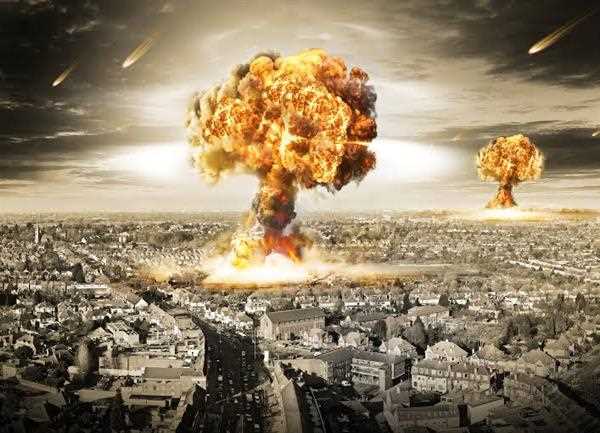A nuclear war would be catastrophic in terms of both human and environmental impact. The use of nuclear weapons would result in immense destruction and loss of life, and the effects would be felt for years or even decades after the initial attack.

The exact number of casualties that would result from a nuclear war is difficult to estimate, as it would depend on a range of factors, including the number and size of the bombs used, the targets selected, and the effectiveness of defensive measures. However, it is widely agreed that even a limited nuclear war would have devastating consequences.
The immediate effects of a nuclear explosion would include intense heat, blast pressure, and radiation. The heat from the explosion would cause widespread fires, and the blast pressure would demolish buildings and other structures within a large radius of the detonation. The radiation released by the bomb would cause severe burns, radiation sickness, and death, and would have long-term effects on the health of those who survived.
In addition to the immediate effects, a nuclear war would also have serious environmental consequences. The massive amounts of radioactive material released by the bombs would contaminate the air, water, and soil, leading to widespread environmental damage and long-term health effects for those who survived.
The use of nuclear weapons would also have a destabilizing effect on global politics and could lead to further conflict and escalation. It is possible that a nuclear war could lead to a full-scale global conflict, with catastrophic consequences for the entire planet.
It is important to note that the use of nuclear weapons is prohibited by international law, and many countries have committed to working towards their eventual elimination. The international community recognizes the devastating consequences of nuclear war and has taken steps to prevent it from occurring.